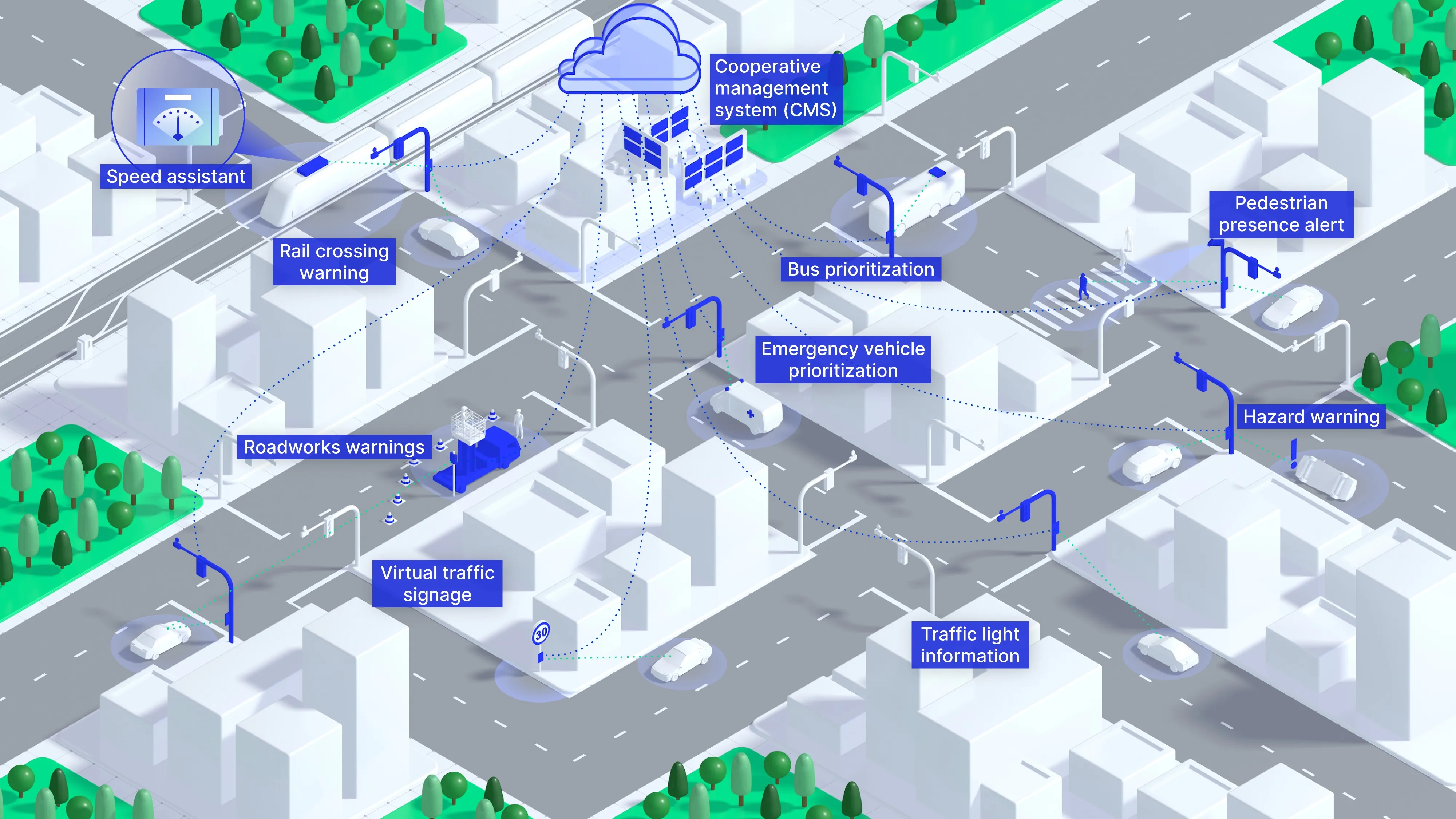Canada-based Telematics provider Geotab has reached its goal of achieving one million connected vehicles built on a single platform with an average of 116% annual subscriber growth over the last ten years. The increase, according to Neil Cawse, CEO at Geotab, now supports over 21, 000 business, 300, 000 users and 1, 000, 000 vehicles globally by focusing on sustainability, scalability, reliability and security.
The company focuses on enabling business growth with access to data from vehicles that help shape business planning. Its partner ecosystem includes wireless carriers, fleet management and original equipment manufacturer brands as well as over 100 third party partner solutions that complement its platform within the Geotab Marketplace.
Geotab’s open platform is said to provide an environment where businesses can benefit from the integration of Geotab data into any system regardless of the business size or operation needs. It is designed with the intention of processing more than two billion data points daily and leverages data analytics and machine learning to offer an insight into the total cost of ownership of vehicles to help improve productivity and enhance driver safety.
“Geotab has always focused on Software as a Service, IoT [Internet of Things], Connected Vehicle, and Data Analytics, long before these words became a part of mainstream conversations. The one million vehicles equipped with Geotab technology for their fleet management needs not only contribute to optimising their respective businesses but are contributing to a smarter, more connected world that leverages data to improve city operations and sustainability and creates safer communities for all”, Cawe added.
Geotab telematics solution surpasses one million subscribers
Canada-based Telematics provider Geotab has reached its goal of achieving one million connected vehicles built on a single platform with an average of 116% annual subscriber growth over the last ten years. The increase, according to Neil Cawse, CEO at Geotab, now supports over 21, 000 business, 300, 000 users and 1, 000, 000 vehicles globally by focusing on sustainability, scalability, reliability and security. The company focuses on enabling business growth with access to data from vehicles that help
February 27, 2018
Read time: 2 mins










